Category: The Problem of Evil
-

Snowed In: Christian Apologetics Playlist
Though it is an unusually pleasant Colorado Springs morning outside my window today, I understand that in much of the country, that is not the case. Here are 5 apologetics videos and podcasts that you can have playing in the background as you do a puzzle, drink some hot chocolate, and avoid shoveling those sidewalks.…
-
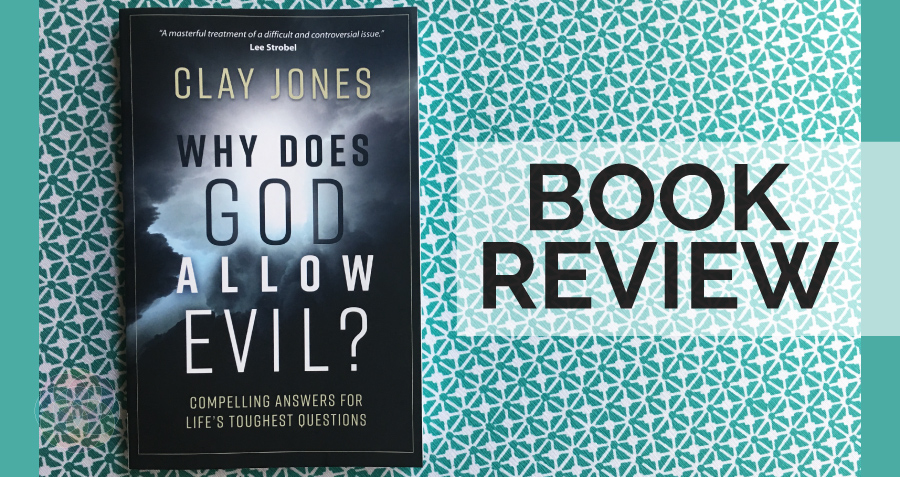
Book Review: Why Does God Allow Evil?
Friends, we recently finished reading Why Does God Allow Evil? by Dr. Clay Jones. It’s the fantastic culminating work of decades of teaching and research. Buy it. Read it. The end. I’m tempted to leave this as is and let that be the extent of our review. But, lest you still need convincing that this…
-

Giveaway: Fox and the Hard Day
Enter the Giveaway! Head over to Picture Book Apologetics’ blog to enter the raffle giveaway for a free paperback copy of Fox and the Hard Day: Responding to the Problem of Evil. Visit picturebookapologetics.com http://picturebookapologetics.com/book-giveaway-fox-and-the-hard-day/
-
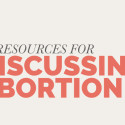
8 Resources: Abortion, SLED Test & Trotting Out a Toddler
By now, you’re probably seen the undercover videos released by the Center for Medical Progress. If you haven’t, you can view the edited and unedited versions here, as well as Planned Parenthood’s response here. In the videos, representatives from Planned Parenthood discuss the sale (you can call it compensation, if you’d like, but it doesn’t…
-
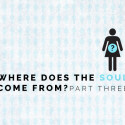
Where Does the Soul Come From? Part 3
Where does the soul come from? In previous weeks we have talked about the ideas of Traducianism and pre-existence. The last theory to discuss is that of creationism. Creationism, sometimes referred to as special creationism, is the belief that every soul is created by God sometime at or after conception and is placed into the…
-

Original Sin: “It’s Not Fair!”
“It’s not fair!” This is a phrase my children are beginning to test out as they face the consequences of their decisions or balk at parental direction. Humans love to shift blame. We are pretty good at it. We have been doing it since Adam took a bite of the fruit of the knowledge of…
-
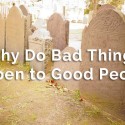
Why Do Bad Things Happen to Good People?
This question can take on a few different forms but the essence is usually asking why God would allow pain, suffering, or death to effect a seemingly innocent person. Why Do Bad Things Happen to Good People? How do we answer this question when our peers, family members or friends ask? IMPORTANT DISCLAIMER The following is…
-
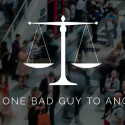
Teaching That Sin is Sin: From One Bad Guy to Another
Without fail, when our family opens up The Action Bible (or any book, for that matter) one question will be asked. Every time. Multiple times. “Which one is the bad guy?” And each time, without fail, we explain that things aren’t so black and white. That some of these bad guys will become good guys,…
